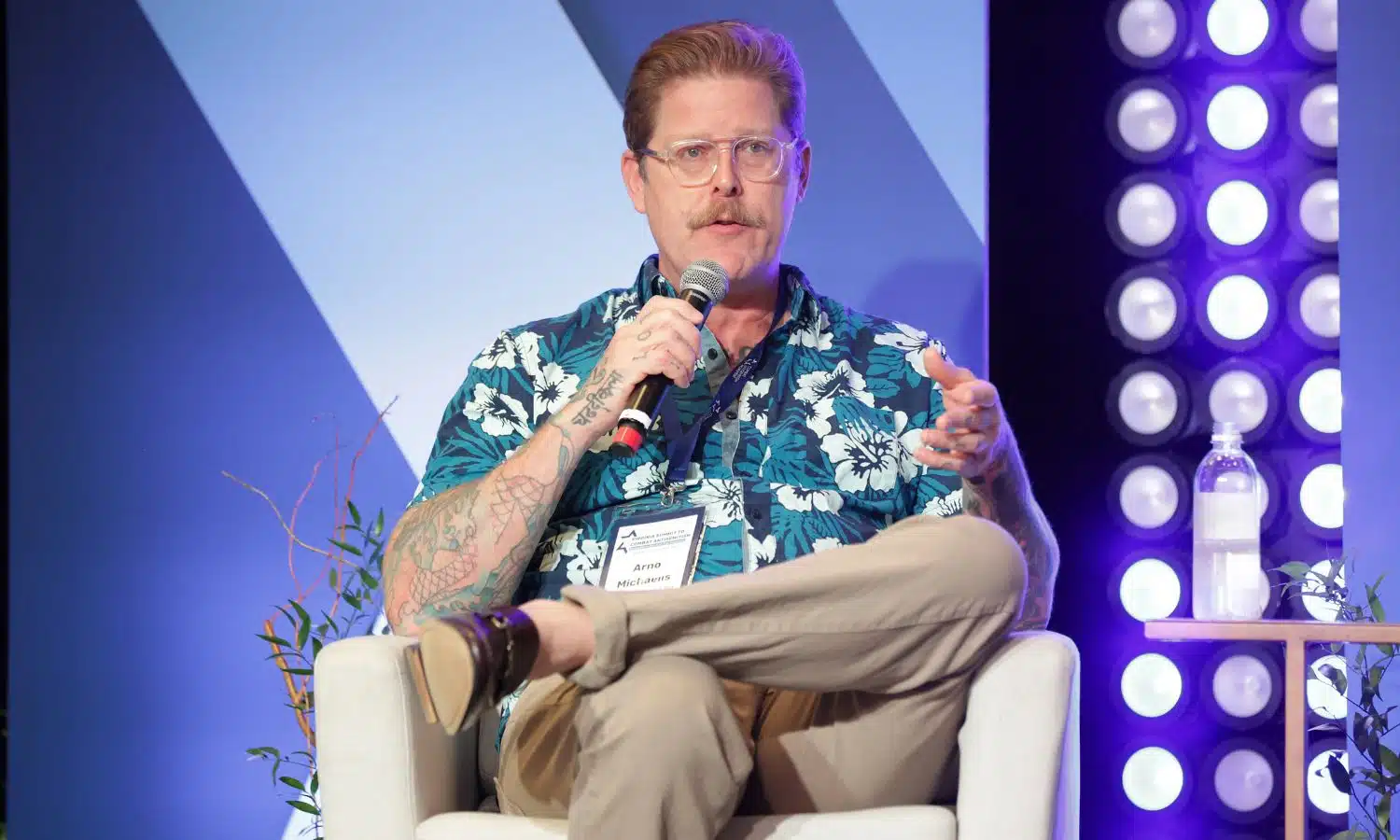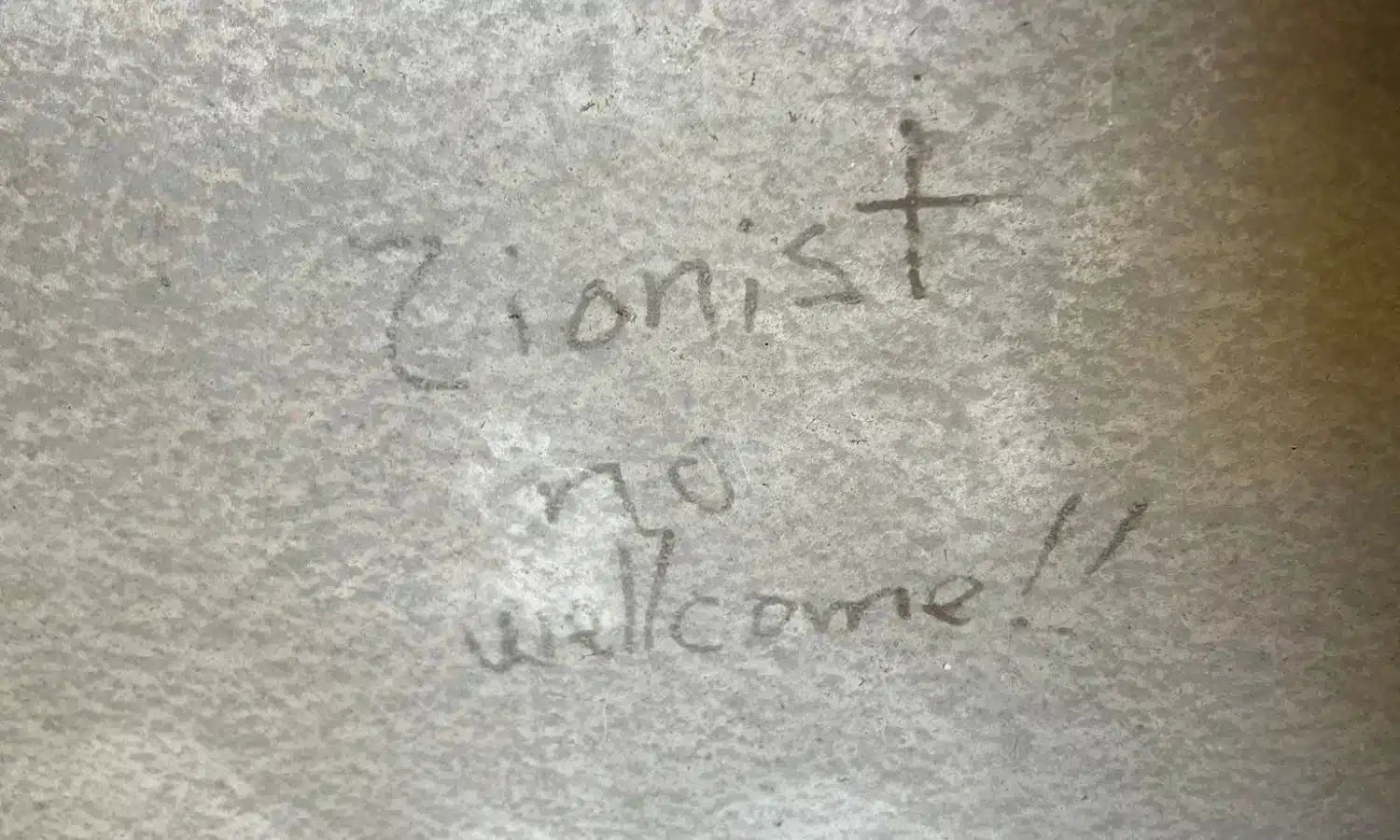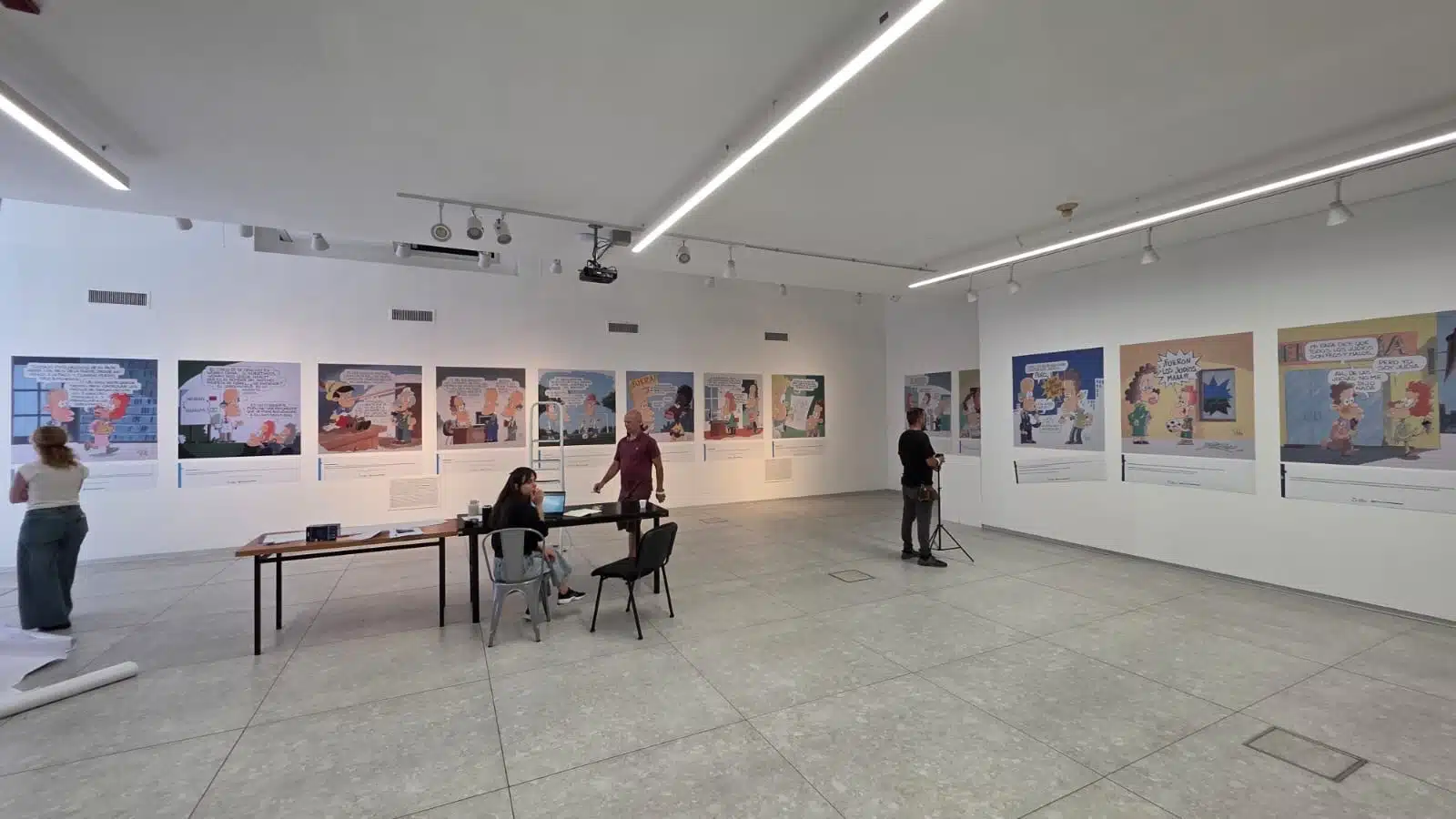

Making the Counterargument: Boris B
By Lauren Weiner
Boris, a 17-year-old rising high school senior, says that the topic of Israel is sometimes handled unfairly at the public high school he attends in Palo Alto, California. He speaks up to try to correct the record.
During his sophomore history class, they began a unit on the Middle East, and things went off the rails on the subject of Arabs and Jews. “Our teacher had a presentation on the Middle East conflict from the early 2000s to today—and it wasn’t his presentation, he’d gotten it off the Internet,” said Boris. Much of what the teacher offered was accurate “but it was misleading,” especially when deaths on the Palestinian side versus the Israeli side were compared. A lot of kids at this high school (including its significant portion of Jewish students) don’t know much about Israel or display an interest in it. That makes them susceptible to context-less statistics like a high number of deaths of Palestinians compared to a much lower number of deaths of Israelis.
Those who reacted to the teacher’s presentation in class jumped to a conclusion: “Oh, I guess the Palestinians were being mercilessly killed. But the presentation wouldn’t say that 50 percent of those Palestinian deaths were suicide bombers or terrorists. So it would just be really misleading.” Boris and a friend of his would challenge the teacher on points like this, “and he really wouldn’t have an answer.”
Was it a purposeful slant on the teacher’s part? Boris doesn’t think so. “But it was clear that he didn’t know enough of the facts to really be able to teach that class.” To the teacher’s credit, he invited Boris to stay on afterward and critique his Middle East presentation. He seemed to know his lesson had been inadequate. Boris called it a “rare case,” this teacher’s being open to new information. “A lot of teachers like to push their own agenda.“
Boris expressed frustration that high schoolers are being offered misinformation on this topic, year after year. An ethnic studies curriculum being considered in California’s legislature has him even more worried. He’s read the bill language. As currently drafted, this prospective required curriculum for high schoolers delves into many kinds of bigotry and discrimination but omits anti-Semitism.
Will this issue affect his choice of college? “Definitely. I’m not applying to UC Berkeley because of the blatantly anti-Semitic stuff that goes on there. . . They don’t allow people to speak, so if I have an opposing viewpoint . . . it is not going to be valued or taken into consideration.” He has heard that it’s like this at Ivy League schools, too. “Israel is definitely a part of it, but also just the intolerance of other viewpoints is very prominent on those campuses, and I think that affects the Israel conversation.”










